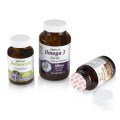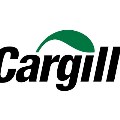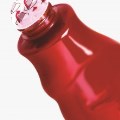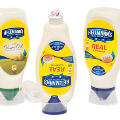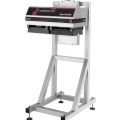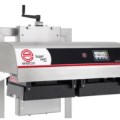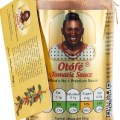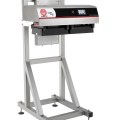Public
Enercon Industries' Cap Sealing Equipment
Enercon Industries Documents
Enercon Industries Locations
Enercon Industries News
Enercon Industries Videos
If this is your company, CONTACT US to activate Packbase™ software to build your portal.


Few packaging technologies can truly claim to have benefited almost every household in the United Kingdom. However, induction heat sealing is one of them.
Enercon explores the evolution of induction sealing in the milk industry to mark World Milk Day 2016.
Some 30 years ago, the UK milk industry had a serious problem – milk was leaking out of the plastic bottles causing a high number of customer complaints.
The sight of dripping carrier bags and the stench of sour milk in car boots was damaging the brand reputation of supermarkets.
Research showed that approximately 54 million litres of milk per year was being lost during production and transportation as a result of cap leakage.
This loss, along with the cost of returns, was impinging on producers’ profits – when one bottle leaks, supermarkets return the entire batch to the producer – along with the bill.
This is when Enercon Industries came in with a solution – by adding a simple piece of foil to the container, leaks could be prevented.
The process, known as induction heat sealing, soon spread through the industry and today Enercon Industries’ induction technology is responsible for sealing over 4.2 billion milk bottles every year – a figure which continues to grow as more and more manufacturers in the dairy industry opt for induction cap sealing.
Among those is the Scottish dairy, John Pollock and Sons, who began induction sealing its Fresh n Cool Milk 2 Go less than a year ago.
“We used to use tear band closures before, and sometimes had issues with leaks,” said owner Ronald Pollock.
“We had heard about the benefits of induction sealing regarding security, shelf-life and leak prevention, and so we contacted Enercon.”
Every year, John Pollock and Sons produces 2.5 million litres of milk, which is supplied to hundreds of independent grocers, corner shops, hotel and restaurants across Scotland.
Ensuring the quality of its final products, as well as customer satisfaction, is therefore essential to the brand.
Talking about the benefits of induction cap sealing, Mr Pollock said: “Preventing leaks ensures more consumer confidence and has the added benefit of being environmentally friendly due to the reduction in plastic weight.
“As well as increasing shelf life, an induction seal also looks better and it provides easier opening of the bottle.”
Since moving to induction heat sealing, it is estimated that the milk industry has gained a cost saving of 54 million litres of milk and 3,300 tons of plastic bottles bottles each year.
To discover more, watch the video below:
https://youtu.be/fEUdzZMdQ2g


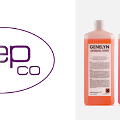
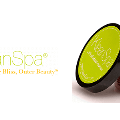
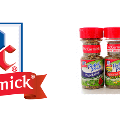
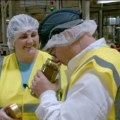

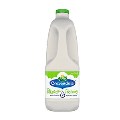
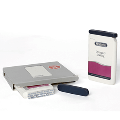
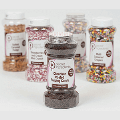
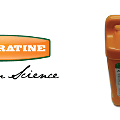
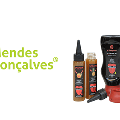
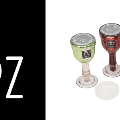
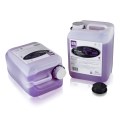
.jpg)
